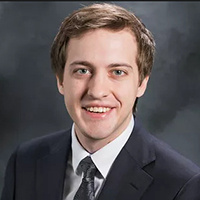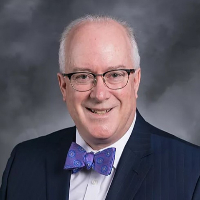 Ryan White Collar Crime Lawyers, Iowa
Ryan White Collar Crime Lawyers, Iowa
Sponsored Law Firm
-
 x
x

Click For More Info:
-
Viner Law Firm PC
228 2nd St SE The Granby Building Cedar Rapids, IA 52401» view mapCriminal Defense An Attorney Who Will Put Your Needs First
We understand that bad things happen in the lives of good people, so we will listen to your story, gather the facts and represent you with the personal attention you deserve.
800-797-9191
Not enough matches for Ryan White Collar Crime lawyer.
Below are all Ryan Criminal lawyers.
Sponsored Lawyers
1-10 of 14 matches
Criminal, Divorce & Family Law, Child Custody, Family Law, Child Support
Thomas Viner is a practicing lawyer in the state of Iowa. He received his J.D. from Drake University Law School in 2004. He currently works for the privately owned firm of Viner Law Firm.
(more)Criminal, Divorce & Family Law, Child Custody, Family Law, Child Support
Austin Norden proudly serves Cedar Rapids, IA and the neighboring communities in the areas of criminal defense, divorce & family law, child custody, family law, and child support law.
(more)Criminal, Federal Trial Practice, Juvenile Law
Al Willett is a practicing lawyer in the state of Iowa. He currently works for the privately owned firm of Viner Law Firm with experience in Federal Criminal Defense.
(more)


 Thomas Viner Cedar Rapids, IA
Thomas Viner Cedar Rapids, IA AboutViner Law Firm PC
AboutViner Law Firm PC Practice AreasExpertise
Practice AreasExpertise



